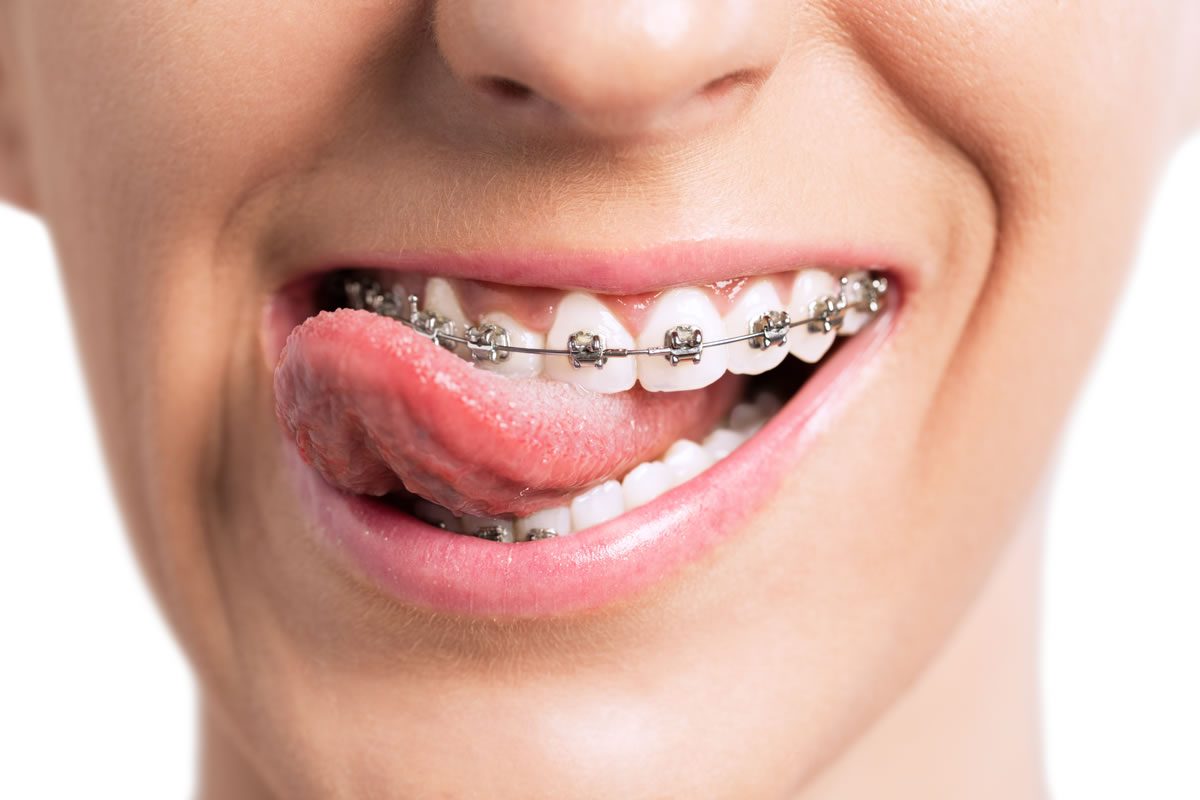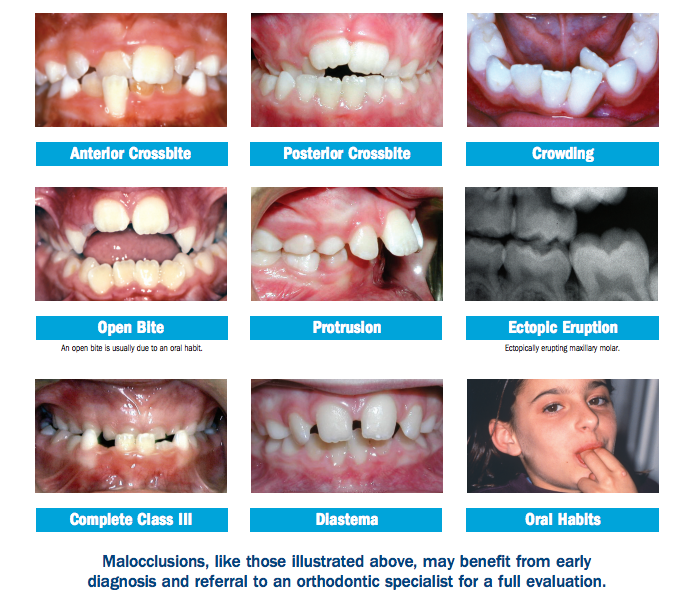Everything about Causey Orthodontics
Everything about Causey Orthodontics
Blog Article
9 Simple Techniques For Causey Orthodontics
Table of ContentsThe smart Trick of Causey Orthodontics That Nobody is DiscussingIndicators on Causey Orthodontics You Should KnowThe Buzz on Causey OrthodonticsCausey Orthodontics Fundamentals ExplainedIndicators on Causey Orthodontics You Should KnowCausey Orthodontics - The Facts4 Easy Facts About Causey Orthodontics Described
What is the distinction between a dental expert and an orthodontist? All dental practitioners, consisting of orthodontists, deal with the teeth, periodontals, jaw and nerves.
You can think of both doctors that deal with periodontal and teeth issues. The major difference is that coming to be an orthodontist calls for a particular specialty in treating the imbalance of the teeth and jaw.
Getting The Causey Orthodontics To Work
An orthodontist is a dentist that has gone through training to specialize in the medical diagnosis, avoidance and treatment of irregularities in the jaw and teeth. They can also identify prospective issues in teeth positioning that may establish when conditions are left untreated (orthodontist near me).
This includes all the essential education to become a general dental expert. According to the American Trainee Dental Organization (ASDA), it indicates you will need to have either a Doctor of Medicine in Dental Care (DMD) or a Medical Professional of Oral Surgical Treatment (DDS). Simply put, orthodontists need to complete oral institution and after that get an orthodontics specialty education and learning.
Some orthodontists additionally obtain their masters in craniofacial biology. These programs focus on two specific locations or techniques: Dentofacial Orthopedics: This research concentrates on guiding teeth and jaw advancement.
The Ultimate Guide To Causey Orthodontics

 These include device such as dental braces, retainers and Invisalign. So, what does an orthodontist do, and what do they focus on? The total objective of an orthodontist is to boost a client's bite. Not everybody is born with straight teeth, and an orthodontist will certainly guarantee that individuals get evenly spaced straight teeth.
These include device such as dental braces, retainers and Invisalign. So, what does an orthodontist do, and what do they focus on? The total objective of an orthodontist is to boost a client's bite. Not everybody is born with straight teeth, and an orthodontist will certainly guarantee that individuals get evenly spaced straight teeth.
4 Easy Facts About Causey Orthodontics Explained
The American Association of Orthodontists suggests your initial check up by age 7. You'll need to see your orthodontist if you have a misalignment in your teeth, likewise called malocclusion. Likewise, if you observe irregular bite patterns, a slightly twisted jaw, or when your teeth are chock-full, you will likely need orthodontic therapy.
At Advanced Orthodontics, we give patients with a holistic treatment experience. Additionally, we provide flexible treatment routines, versatile repayment options and a fun, satisfying experience. Phone call ( 480) 357-4900 today to learn more and schedule an appointment.
An orthodontist is a dental expert trained to detect, prevent, and deal with teeth and jaw irregularities. Orthodontists work with individuals of all ages, from youngsters to adults (https://letterboxd.com/causeyortho7/).
5 Easy Facts About Causey Orthodontics Explained
Malocclusion, or misaligned teeth, can lead to dental concerns, including tooth degeneration, gum disease, and challenging or agonizing eating. But not everybody is birthed with straight teeth. If you have a negative bite or huge spaces between your teeth, you might desire to consult a dentist concentrating on orthodontic care.
(Photo Credit History: DigitalVision/Getty Images) Orthodontists make use of repaired and detachable oral devices, like dental braces, retainers, and bands, to transform the placement of teeth in your mouth. Orthodontic treatment is for dental irregularities, consisting of: Jagged teethBite problems, like an overbite or an underbiteCrowded teeth or teeth that are too far apartJaw misalignmentThe goal of orthodontic treatment is to improve your bite.
What Does Causey Orthodontics Do?

All orthodontists are dental professionals, yet not all dental professionals are orthodontists. Orthodontic residency programs use extensive, focused instruction for dental experts. They concentrate on 2 locations: Just how to correctly and safely move teeth How to appropriately lead development in the teeth, jaw, and faceOnce an orthodontist has completed training, they have the choice to come to be board licensed.
Malocclusion leads to tooth congestion, a twisted jaw, or irregular bite patterns. Malocclusion is usually treated with: Your orthodontist attaches steel, ceramic, or plastic square bonds to your teeth.
What Does Causey Orthodontics Do?
If you have only small malocclusion, you might be able to utilize clear braces, called aligners, rather than typical dental braces. Some individuals need a headgear to aid move teeth right into line with stress from outside the mouth. After dental braces or aligners, you'll need to put on a retainer. A retainer is a custom-made tool that maintains your teeth in location.
Report this page